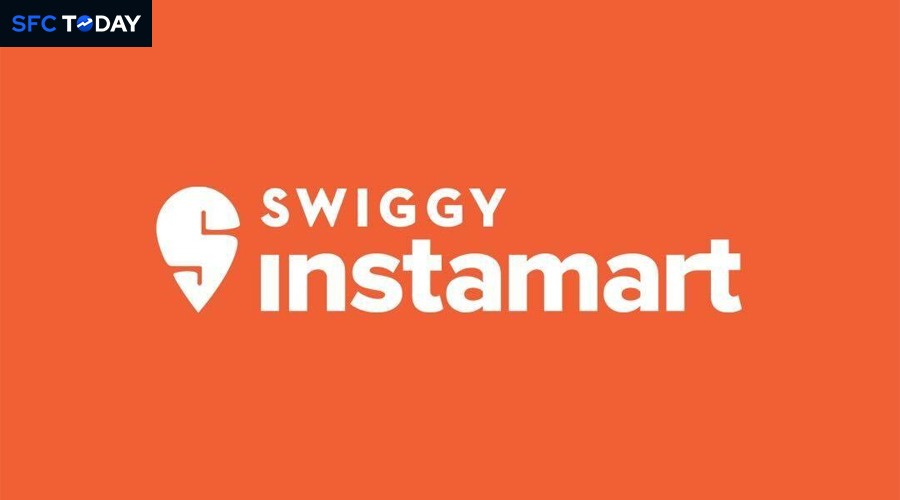Amazon has expressed interest in acquiring a stake in Swiggy’s Instamart
the quick commerce sector. With Swiggy gearing up for a massive Rs 10,414 crore ($1.25 billion) public offering, one of the largest for a new-age internet company, Amazon has expressed interest in acquiring a stake in Swiggy’s fast-growing quick commerce business, Instamart. This revelation comes from sources close to the developments, as reported by the Economic Times.
Exploring Strategic Options: Acquisition or Partnership
Amazon’s approach to Swiggy involves potentially significant investment options. The discussions, still in their nascent stages, hint at two possible paths: acquiring a stake during Instamart’s pre-IPO placement or proposing a full buyout of the quick commerce unit. However, the complexities of such deals present multiple challenges. According to insider information, no official offer has been tabled yet, and decisive action from Amazon’s headquarters in Seattle is crucial for further progress.
The possibility of a transaction materializing remains uncertain due to the complicated structure of the deal. Notably, Swiggy might be reluctant to segregate its quick commerce business from its core food delivery service, which continues to be its flagship offering despite slower growth in the sector. On the other hand, acquiring Swiggy in its entirety would require a substantial financial outlay, given its valuation of $10-12 billion— a move that could strain Amazon’s usual strategic investments which shy away from minority stakes.
Market Dynamics and Valuation Considerations
As Swiggy moves towards its IPO, it aims to position itself advantageously against its main competitor, Zomato, which currently boasts a market cap of Rs 1.9 lakh crore. Although specific valuations for the quick commerce divisions of both companies are not disclosed, a report by Goldman Sachs in April pegged the value of Zomato’s Blinkit at an impressive $13 billion. This valuation underscores the burgeoning potential and lucrative nature of the quick commerce market in India.
Amazon’s Strategic Interests in Quick Commerce
Amazon’s interest in Instamart isn’t just about expanding its portfolio but is a calculated move to tap into the rapidly growing quick commerce segment in India. This sector promises expedited delivery of goods, catering to the evolving consumer demand for immediacy. However, establishing a standalone quick commerce service in India would require Amazon to obtain global approval, as it represents a new venture outside its established market norms.
Amazon’s pursuit of Instamart aligns with its broader strategies to dominate various facets of e-commerce and delivery services. The company has been at the forefront of innovation in logistics and consumer services, and entering the quick commerce domain could further solidify its position as a leader in the global market.
Potential Roadblocks and Strategic Hurdles
The road to a potential deal is fraught with strategic and operational hurdles. First, there’s the issue of compatibility and integration. Amazon has a sophisticated global supply chain and logistics network which may or may not seamlessly integrate with Instamart’s operations. Moreover, the differences in corporate culture and business models could pose additional challenges.
Secondly, regulatory challenges could impede the progress of such a deal. The Indian e-commerce sector is tightly regulated, with stringent rules on foreign investments and competitive practices. Navigating this regulatory landscape will be crucial for Amazon if it decides to expand its footprint in the quick commerce market through an acquisition or partnership with Swiggy.
The Competitive Landscape
The quick commerce sector in India is becoming intensely competitive, with major players like Zomato, BigBasket, and Reliance JioMart reshaping market dynamics. These companies are aggressively expanding their quick commerce services, making it imperative for Amazon to establish a strong foothold sooner rather than later. A partnership or acquisition of Instamart could provide Amazon with an established infrastructure and customer base, significantly shortening the time and reducing the cost compared to building a similar service from scratch.
Looking Ahead: Implications for the Market
The potential involvement of Amazon in India’s quick commerce sector could have far-reaching implications for the market. It could drive further innovation, lead to more competitive pricing strategies, and enhance service delivery standards across the industry. For consumers, this could mean faster deliveries, more variety, and better prices.
Furthermore, a successful deal could set a precedent for future foreign investments in Indian startups, particularly in the technology and e-commerce sectors. It could also encourage other global giants to explore similar investments, thereby injecting more vitality into India’s digital economy.
Amazon’s tentative steps towards acquiring a stake in Swiggy’s Instamart highlight the dynamic and evolving nature of global e-commerce strategies. While the path to any definitive agreement appears complex and fraught with challenges, the potential rewards are immense. As both companies navigate these waters, the outcome could reshape the competitive landscape of India’s quick commerce market, setting new standards for innovation and consumer satisfaction in one of the world’s fastest-growing economies.


